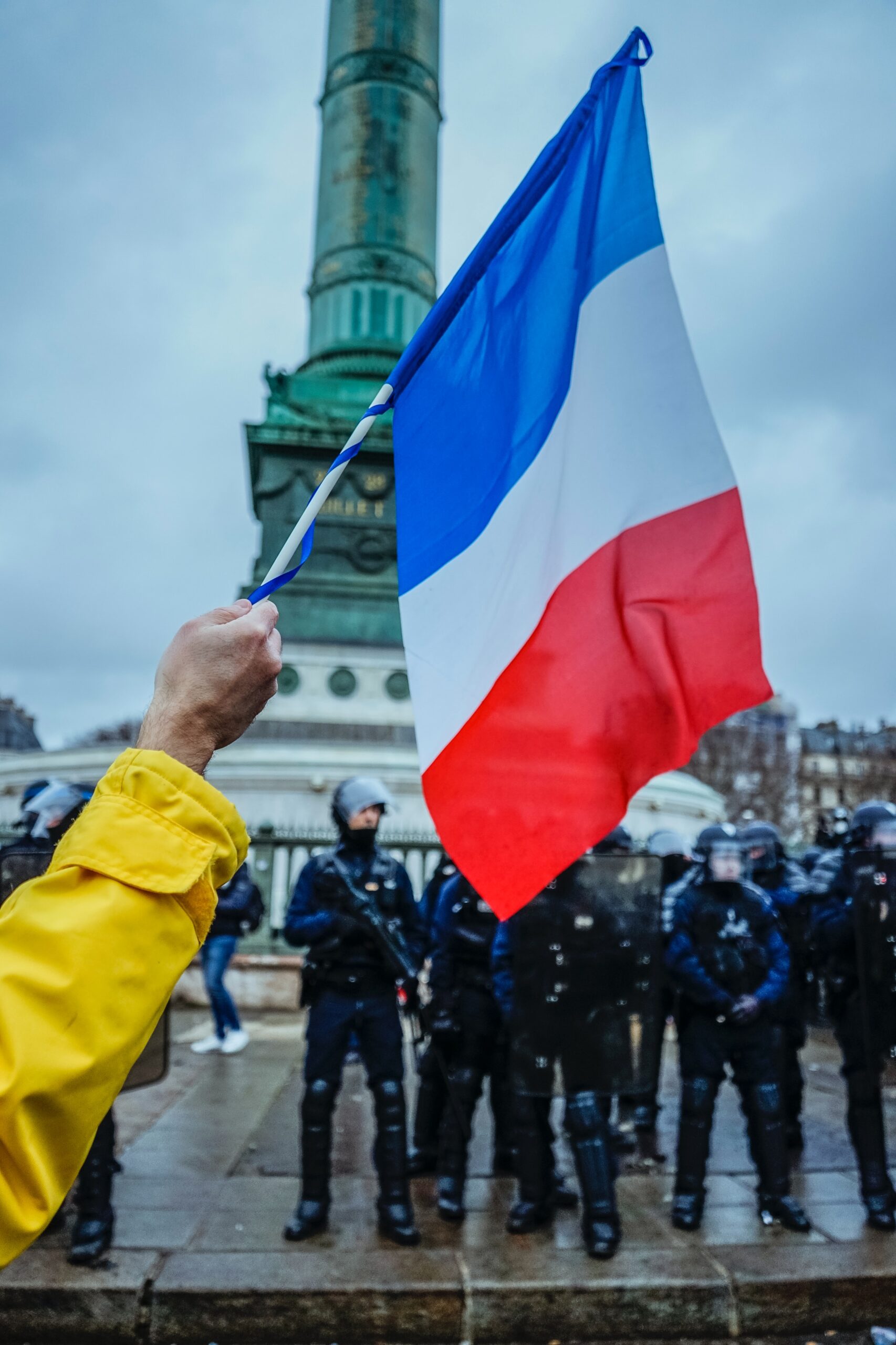France is set to increase its military presence in the eastern Mediterranean amid an escalating standoff between Greece and Turkey over oil and gas exploration in disputed waters.
The announcement
According to the French Armed Forces Ministry, France will deploy two Rafale fighter jets and a naval frigate ‘Lafayette’ in the region as part of plans to increase its military presence.
French President Emmanuel Macron called the situation in the eastern Mediterranean “worrying” and urged Turkey to stop its “unilateral” prospecting and “allow a peaceful dialogue” between the neighbouring NATO members.
“I have decided to temporarily reinforce the French military presence in the eastern Mediterranean in the coming days, in cooperation with European partners, including Greece,” Macron tweeted.
French-Greek defence exercise
On August 13, the French military conducted training exercises with Greek forces off the southern island of Crete, Greek defence sources told Reuters news agency, as the first manifestation of Macron’s support.
“Emmanuel Macron is a true friend of Greece and a fervent defender of European values and international law,” Greek Prime Minister Kyriakos Mitsotakis tweeted, in French, after a call with the French president.
The ongoing Greek-Turkish dispute
Turkey and Greece, the two NATO allies, have shown disagreement regarding overlapping claims to hydrocarbon resources in the region based on conflicting views on the extent of their continental shelves in waters dotted with mostly Greek islands. Turkey dispatched the research ship Oruc Reis accompanied by Turkish naval vessels off the Greek island of Kastellorizo. Greece also deployed warships to monitor the vessel.
Turkey’s President Recep Tayyip Erdogan has repeatedly said their agreement means that no oil and gas exploration or any other “projects” can proceed in the area without Ankara’s permission.
Turkey doesn’t recognize EU-member Cyprus as a state and claims 44 percent of its exclusive economic zone. It has dispatched drill ships to search for hydrocarbons off Cyprus, including in an area where the Cyprus government has licensed a consortium made up of Italian energy company Eni and French Total to carry out exploratory drilling.Cypriot President Nicos Anastasiades said on Saturday that he was in touch with the leaders of Egypt, Israel, Greece and Lebanon to formulate joint diplomatic action aimed at countering the Turkey-Libya maritime border deal but that joint action doesn’t include a military option.
Turkish diplomat’s car torched in Greece amid tensions over energy exploration
A Turkish diplomat’s car was torched in Greece earlier in December,, amid escalating tensions between the two NATO allies. Nobody was hurt in the incident in Thessaloniki, Greece’s second city. The Turkish consular staffer’s car did not have diplomatic license plates, police said.
The two countries are locked in a row over energy exploration in the eastern Mediterranean.
Greek PM brands Turkey a ‘threat to regional peace’
Greek Prime Minister Kyriakos Mitsotakis recently accused Turkey of being a “threat to regional peace,” following wide-ranging talks in Jerusalem with his Israeli counterpart. In his first foreign trip since the start of the coronavirus pandemic, Mitsotakis condemned “Turkey’s aggressive behavior in the eastern Mediterranean.”
“We consider this activity to be a threat to regional peace and stability,” Mitsotakis told journalists after meeting Israeli Prime Minister Benjamin Netanyahu.
Israel and Greece signed an agreement in January on building an undersea pipeline to carry gas from the eastern Mediterranean to Europe. Ankara stands opposed to the deal and has sent ships to search for energy reserves off Cyprus, while last week the Turkish military conducted air and naval exercises in the eastern Mediterranean.
“I have raised with the prime minister the recent incidents of illegal and provocative Turkish behaviour at our sea and land borders,” the Greek premier said, standing alongside Netanyahu. Mitsotakis also criticized the “destabilizing effects that Turkey has had vis-a-vis its relationship with Libya.”
By Kunjan Ahluwalia

